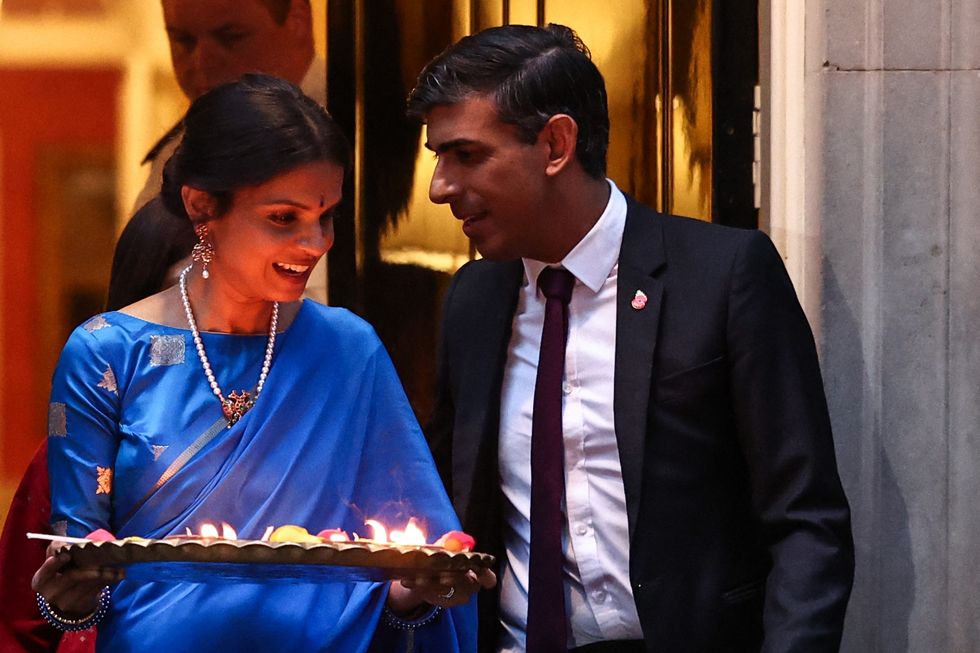The coronation of King Charles is set to draw attention today, Saturday (06) as the British royal family is accompanied by around 100 heads of state and prominent global figures. Here is a breakdown of the key members of the royal family, their place in the line of succession, and their anticipated roles during the ceremony.
KING CHARLES
Following the death of his mother, Queen Elizabeth, in September, King Charles ascended to the throne of the United Kingdom and 14 other realms. Today, Saturday, May 6, he is scheduled to take an oath to uphold the law and the Church of England, be anointed with holy Chrism oil that was consecrated in Jerusalem, and be presented with various items from the Crown Jewels that symbolize the monarch's power.
The Archbishop of Canterbury will then crown him, after which he will travel back to Buckingham Palace in the Gold State Coach as part of a procession that stretches over a mile long.
QUEEN CAMILLA
During the coronation service, Camilla, who is the second wife of Charles, will undergo a less elaborate, mini-coronation as Queen.
Camilla was once dubbed by newspapers as the most hated woman in Britain after being implicated in the breakdown of Charles' first marriage to Princess Diana. However, she has gradually taken on a more public role, and the couple tied the knot 18 years ago.
Last year, the late Queen Elizabeth approved Camilla's use of the title Queen Consort, although public opinion polls suggest that many are still uncomfortable with her holding the title.
WILLIAM, KATE, AND THEIR CHILDREN
The coronation ceremony will see Prince William, the eldest son and heir-to-the-throne of King Charles, play a prominent role in the proceedings. During the ceremony, William will kneel before his father and pledge his loyalty as "your liege man of life and limb".
Additionally, William's eldest son, nine-year-old George, who is second in line to the throne, will serve as one of the king's four pages of honour and join the procession through Westminster Abbey.
Meanwhile, his younger siblings, Charlotte (8) and Louis (5), third and fourth in the line of succession respectively, will ride in a carriage with their parents, joining the grand procession back to Buckingham Palace.
HARRY
Prince Harry, who is fifth-in-line to the throne, resides in California with his American wife Meghan after they resigned from royal duties to lead an independent life. The couple has publicly accused some members of the royal family, including Prince William and Camilla, of leaking stories to the tabloids to protect themselves or improve their public image.
Prince Harry will not have an official role in the ceremony and will not participate in the procession. It is unclear whether he will join the family on the balcony for the public appearance following the coronation.
Meghan will remain in the United States with their two children, including their eldest son Prince Archie, who is sixth-in-line to the throne and turns four on the day of the coronation.
CHARLES' SISTER ANNE
During the coronation procession, Charles' sister Anne will hold the position of "Gold Stick," which dates back to the reign of Henry VIII. This role was originally created for a trusted courtier who would ride alongside the monarch to ensure their personal safety.
Anne will ride behind Charles and Camilla's carriage as they make their way through the procession.
PRINCE ANDREW
Prince Andrew, the third child of Queen Elizabeth, is expected to attend the coronation ceremony, but he will not have an official role in the proceedings. In recent years, Andrew was stripped of most of his titles and removed from royal duties due to his association with the late U.S. financier Jeffrey Epstein, who was a convicted sex offender, and a related sexual assault allegation.
In February 2022, Andrew settled a U.S. lawsuit in which a woman accused him of sexually assaulting her when she was a teenager. Although he has not been charged with any criminal offence, he has denied any wrongdoing.
(Reuters)

















 Rishi Sunak and Akshata Murty. (Photo by HENRY NICHOLLS/AFP via Getty Images)
Rishi Sunak and Akshata Murty. (Photo by HENRY NICHOLLS/AFP via Getty Images) 

